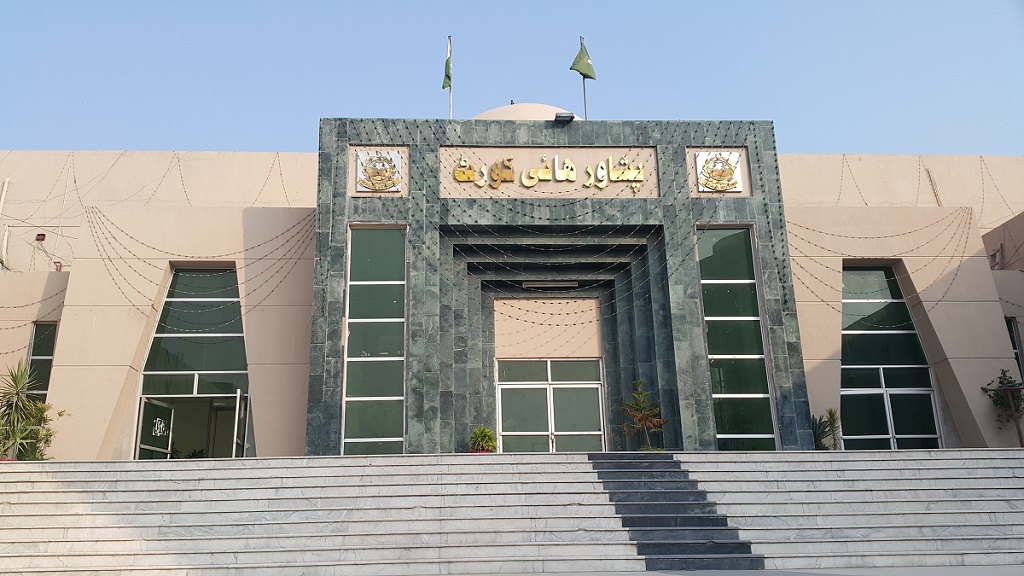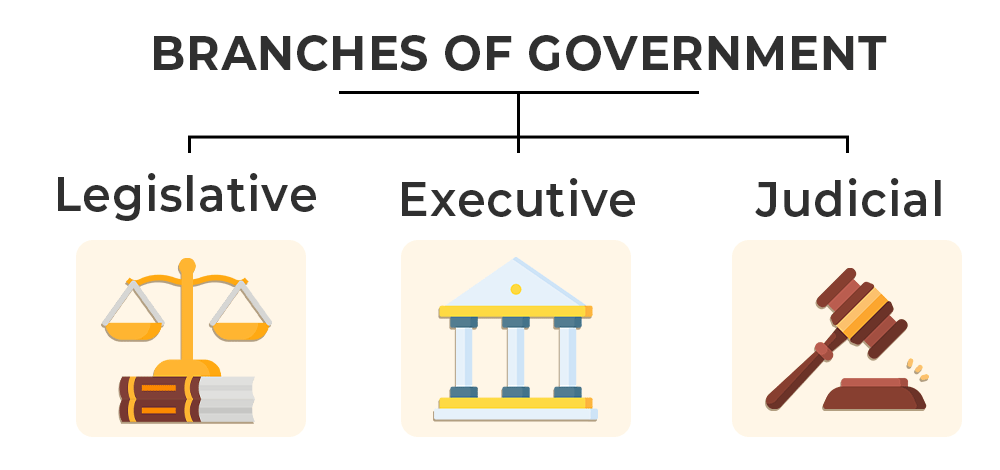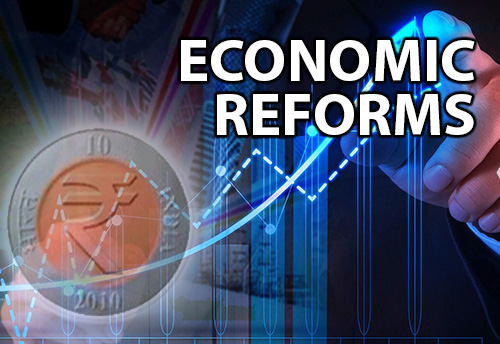The Peshawar High Court’s (PHC) verdict on December 22nd, 2023, which declared the PTI’s intra-party polls “unconstitutional” and revoked their iconic ‘bat’ electoral symbol, has sent shockwaves through Pakistani politics. This critical evaluation will analyze the verdict’s implications for the PTI, the upcoming general elections, and the broader electoral landscape.
Immediate Impact on the PTI:
- Loss of Symbol: The revocation of the ‘bat’ symbol is a major blow to the PTI’s campaign. The symbol holds significant recognition and emotional value for the party’s supporters. Contesting under an unfamiliar symbol could hinder voter identification and mobilization.
- Independent Candidates: If the PTI fails to secure a new symbol before the January 13th deadline, its candidates will have to contest as independents. This could fragment the party’s vote and weaken its electoral prospects.
- Legal Challenges: The PTI has announced its intention to appeal the verdict to the Supreme Court. This legal battle could further disrupt their campaign preparations and consume valuable resources.
Implications for the Elections:
- Level Playing Field: The PTI’s allegations of bias against the ECP raise concerns about the fairness of the upcoming elections. If the verdict is upheld, it could be perceived as unfairly disadvantageing a major contender.
- Electoral Uncertainty: The legal uncertainty surrounding the PTI’s participation injects instability into the electoral process. This could discourage voter turnout and potentially lead to disputed results.
- Impact on Smaller Parties: The PTI’s predicament could benefit smaller parties, as voters seeking an alternative to the established PML-N and PPP might turn to them.
Broader Electoral Landscape:
- Judicial Activism: The PHC’s intervention in the ECP’s decision raises questions about the appropriate extent of judicial involvement in electoral matters. This could set a precedent for future judicial interference in the electoral process.
- Strengthening ECP: The verdict reaffirms the ECP’s authority to regulate intra-party elections and enforce electoral laws. This could enhance the commission’s credibility and influence in future elections.
- Political Polarization: The PTI’s accusations against the ECP and the government are likely to exacerbate existing political polarization in the country. This could further strain the democratic fabric and create a volatile electoral atmosphere.
The PHC’s verdict has significant consequences for the upcoming elections and the broader political landscape in Pakistan. The PTI faces an uphill battle to overcome this setback while the ECP’s authority is strengthened. The legal challenges and political fallout from this decision are likely to play out in the weeks and months leading up to the February elections, with the potential to significantly impact the outcome and the country’s political stability.
The Peshawar High Court’s decision has significant consequences for the upcoming general election and raises critical questions about the ECP’s authority, judicial intervention, and the level playing field for all parties. The PTI’s appeal to the Supreme Court and the final outcome of the case will have a major impact on the party’s prospects and the overall political landscape in the lead-up to the election.
It is important to note that this is a complex and evolving situation, and further developments are likely in the coming days and weeks. As the situation unfolds, it is crucial to stay informed and critically evaluate the various claims and perspectives to form an informed opinion about the implications of this decision for the upcoming election and Pakistani politics.
Please, subscribe to the YouTube channel of republicpolicy.com

















